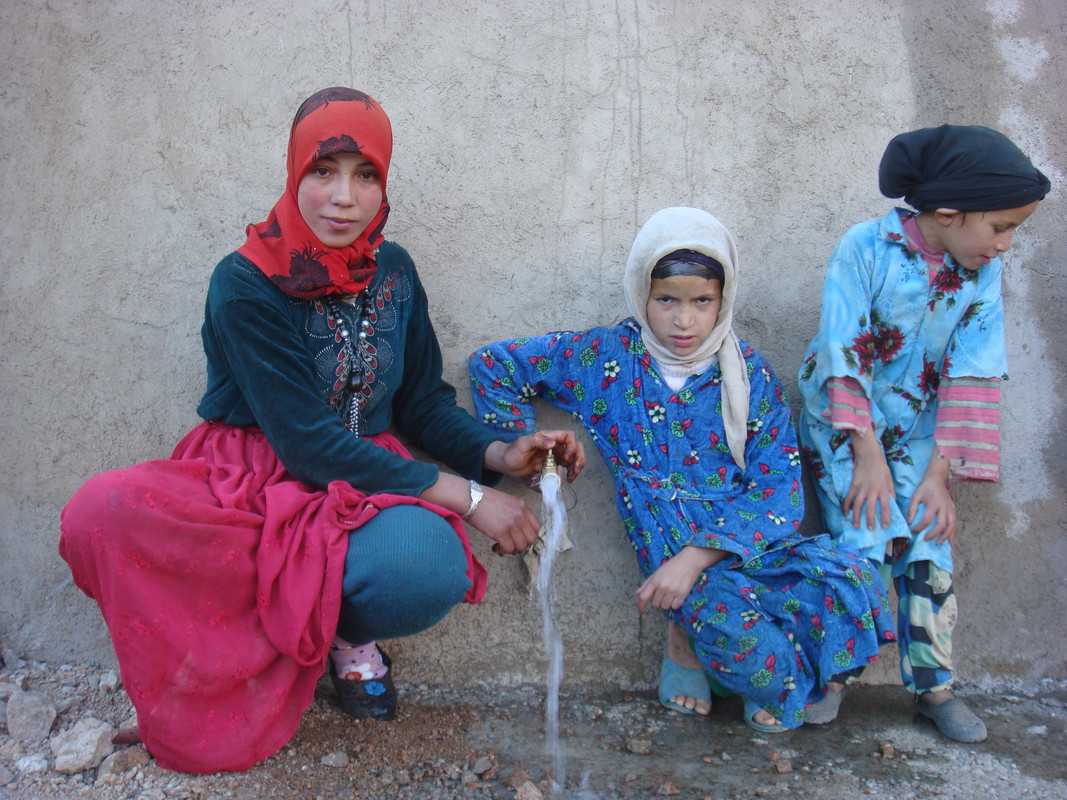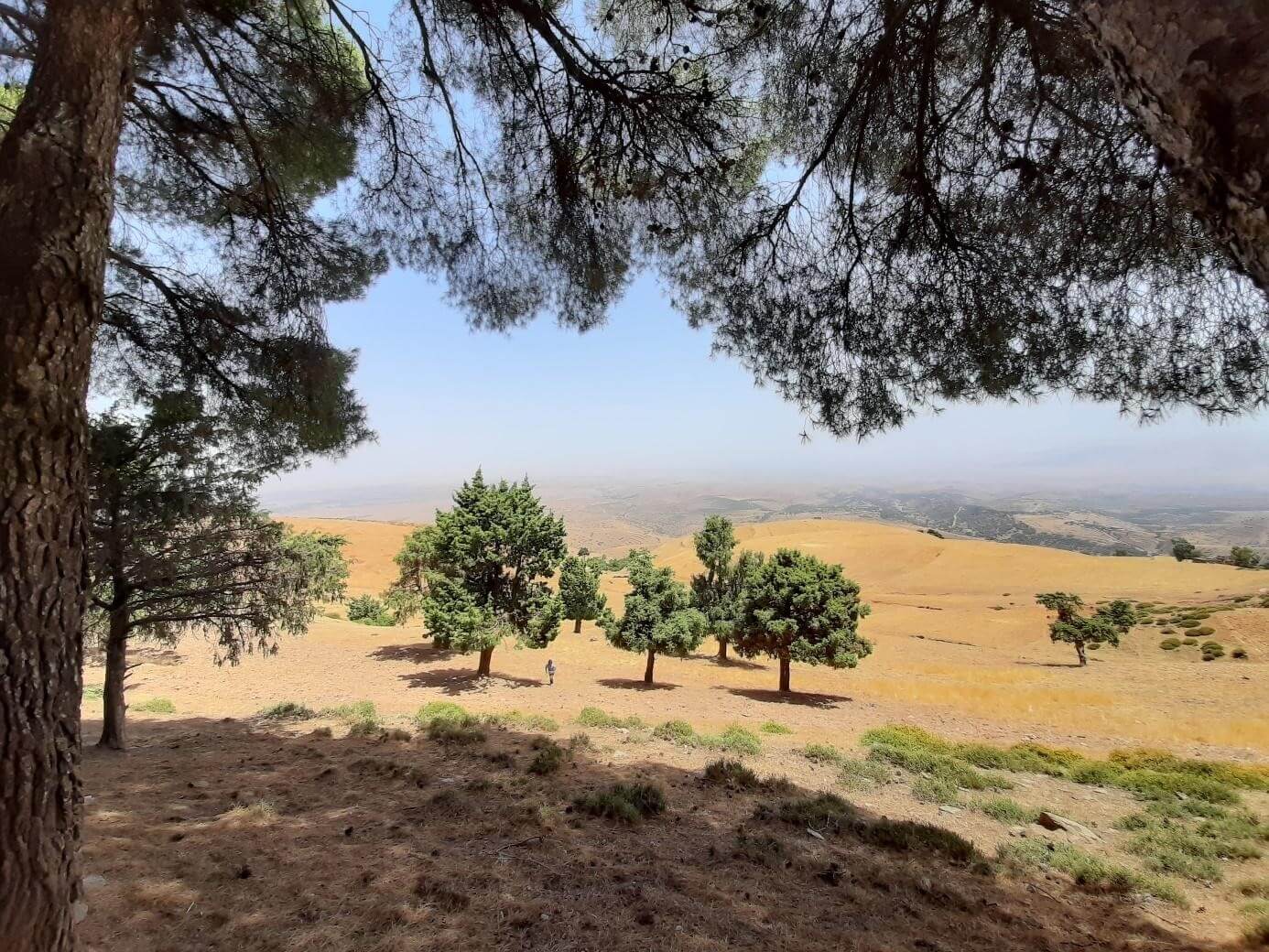There are a number of reasons that explain the ascendency over decades, and now the mainstream, of participatory approaches to meaningful development. We often see that when people decide upon the project or change that they most want, that they will give their energy and time to help ensure its continuity and success. We widely appreciate that each local context has comparable similarities and differences from the others. Environments, relationships, and many other factors come together to make each location special and unique, and in regards to what is specifically appropriate and desired by its people.
But there is another indelible quality to participatory action for enduring change: that is, the experience and process itself helps to reveal the bound connections between the project sectors of life and how they impact our different social and economic groups.

For example, it sadly remains so that clean and accessible drinking water remains the most common priority that rural communities in Morocco determine for themselves. We certainly need to acknowledge that in recent decades there have been important improvements, but we also cannot deny that girls’ participation in education is seriously undermined by the lack of water and sanitation systems at rural schools and that the harsh burden of fetching water from kilometers away primarily falls upon girls and women. Accessible clean drinking water not only reduces infant mortality and enhances quality of life with less disease, but also directly and measurably (up to 16% according to the World Bank) enables girls to study with basic comfort and without shame. Thus, water access and girls’ education are positively linked.

Here is another example: Let us consider the enormity of the national demand for fruit trees, and in requiring an effective investment. What is the plan on the national level to generate trees as farming families transition from traditional barley and corn to organic fruit that can be cultivated and sold in lucrative markets, particularly as raw products are processed? It takes two years for a seed to grow into a sapling, and farmers must sow and grow crops each year in order to make most basic ends meet. The provision of land for farmers to build their nurseries as a contribution where rural communities cannot meet their needs, is one essential criteria for overcoming poverty conditions.
Partnership with government agencies that can provide land in-kind for farming communities is therefore vital for the nation to achieve its goal of billions of trees. The Department of Waters and Forests, the Ministry of Education, the Ministry of Youth and Sports, provincial authorities, public universities, and thoughtful civil society groups are all in a position to grant the use of land for communities to build their nurseries. At regional levels, all these agencies have done so, which underscores the point that the interplay at all sectors, faiths, administrative tiers, and components of society, together have an inescapable and undeniable role within the sustainable development process, without which, the most critical needs of the people cannot be met, even when they are empowered, determined, organized, and committed to achieving change. Unity of all strata and sectors, when combined with the community’s own unity and consensus around their plans for actions and projects, are essential to the building of better days that we need.
Part of natural resource management is about gender and youth empowerment, just as agricultural growth is tied to social solidarity, and actions that are in unison. Financial independence of women’s cooperatives is as much bound to markets as it is to water and self-discovery, justice, and participation. The High Atlas Foundation embraces the participatory approach and participatory activities for development, because it reveals these interconnections and the multifaceted plans required to bring along all sectors, individuals, groups, and layers toward a shared fulfillment.






